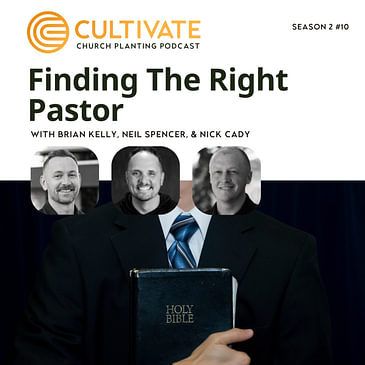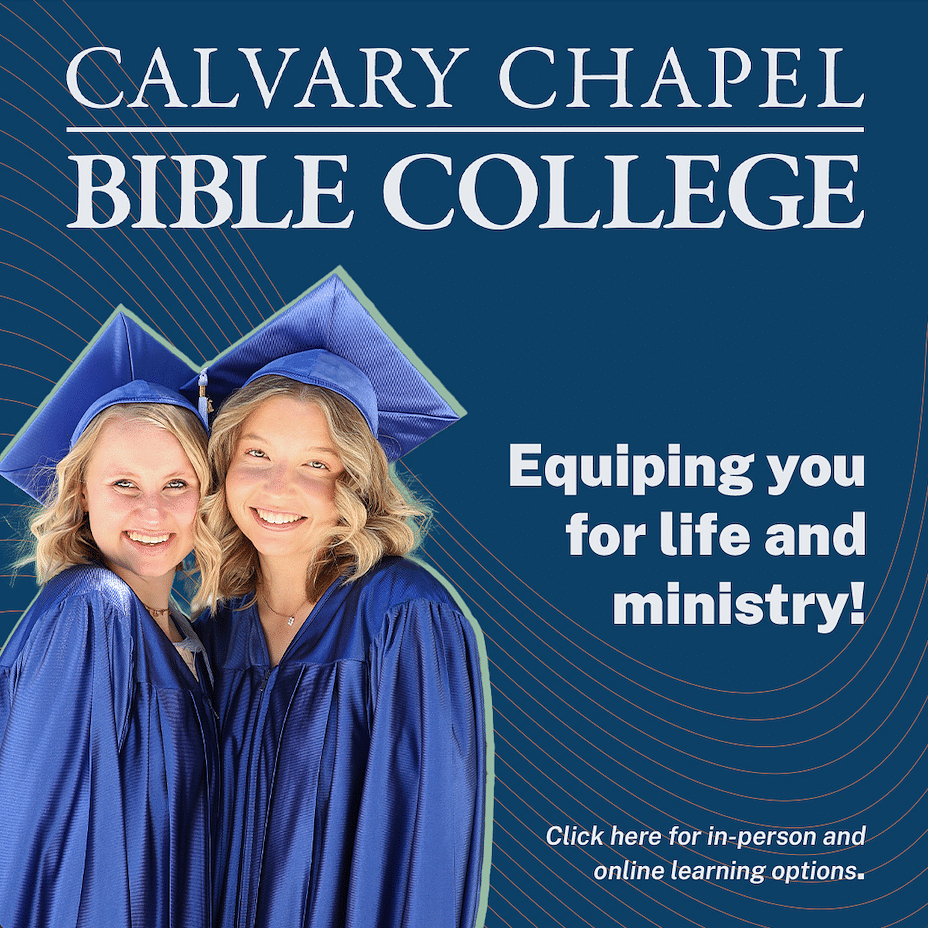Neil Spencer is the pastor of Coastline Calvary Chapel in Gulf Breeze Florida. Neil transitioned into the Lead pastor role taking over for his father John Spencer. Brian Kelly and Nick Cady chat with Neil about what it means to be a good pastor, and how we can identify the right pastor for the job. We also talk about pastoral transition, and Neil shares nuggets of wisdom for church planters and pastors in the ministry.
Cultivate Gathering Austin May 13: https://forestridgecalvary.com/pure-simple/
Calvary Chapel International Conference CGN, June 23-26 Register now: https://conference.calvarychapel.com/
The cultivate church planting podcast is part of CGN Media, a podcast network that points to Christ. Check out cgnmedia.org for more great shows, ways to support the ministry.






